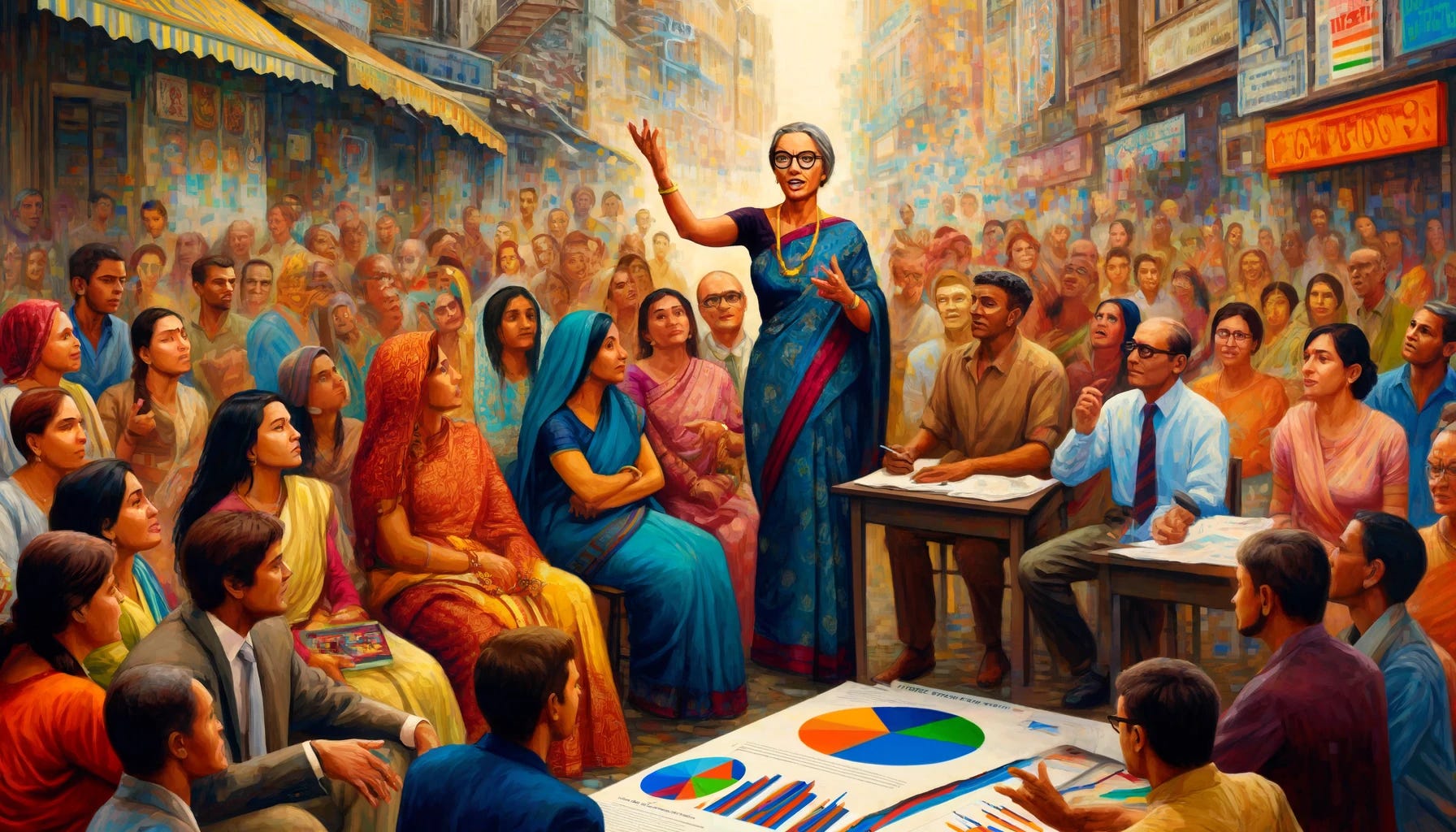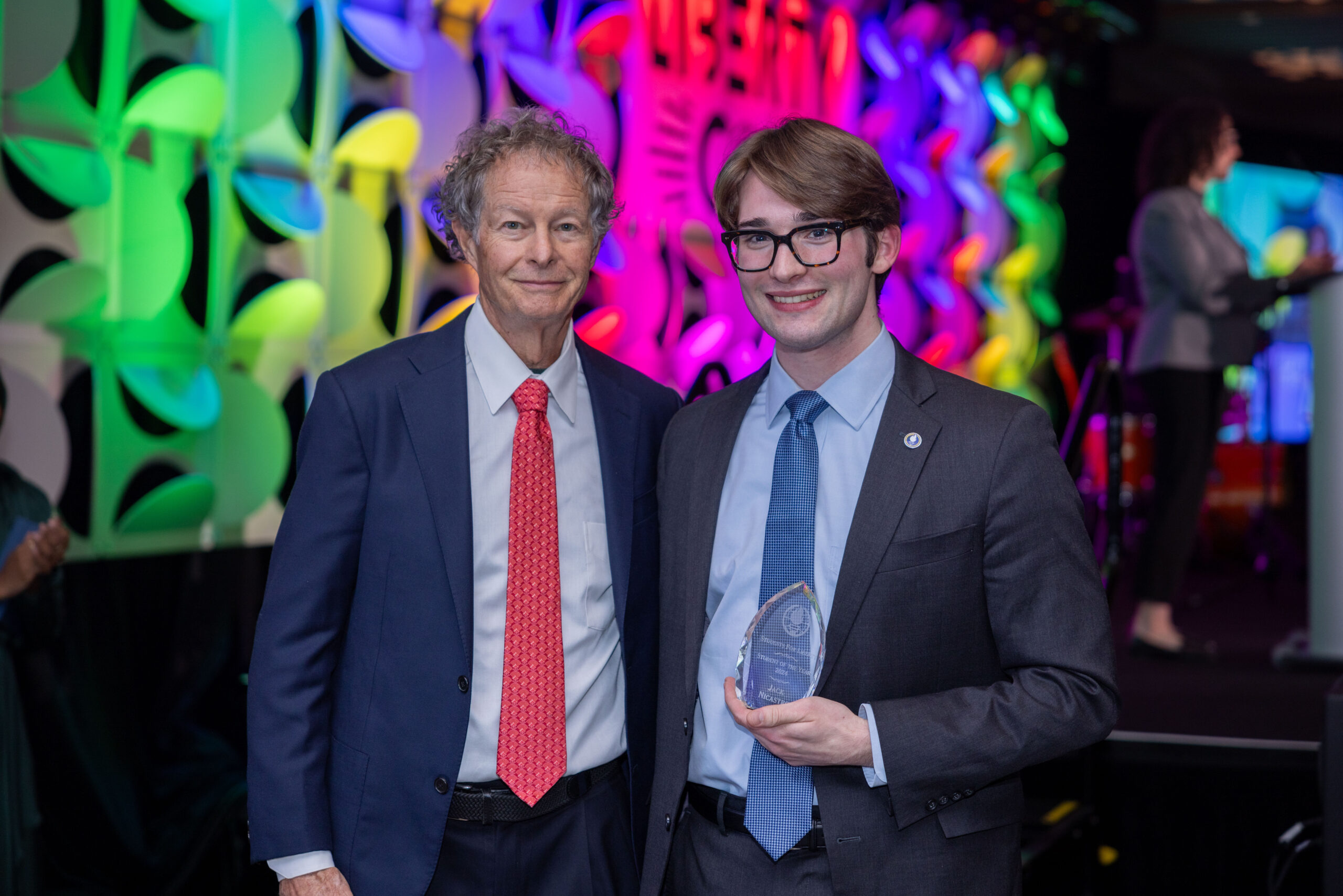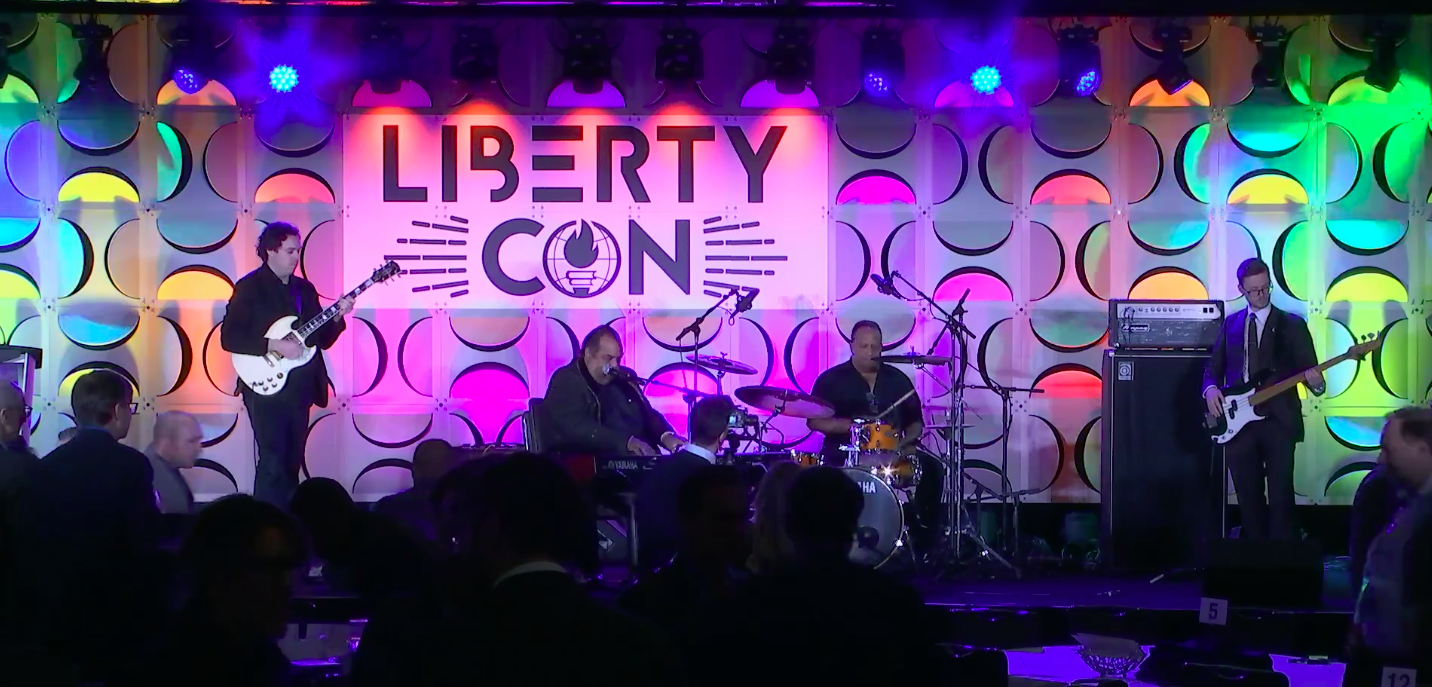James Buchanan won the Nobel in 1986 “for his development of the contractual and constitutional bases for the theory of economic and political decision-making.” While this work is usually traced to his 1962 book with Gordon Tullock, The Calculus of Consent, his contractual theory of the constitution and his thoughts on political economy can be traced back to the following previous work:
- The Pure Theory of Government Finance: A Suggested Approach (1949)
- Social Choice, Democracy, and Free Markets (1954)
- Positive Economics, Welfare Economics, and Political Economy (1959)
In his 1959 piece, Buchanan laid down his idea about what the proper role of a political economist must be. According to him, the proper role of an economist working with the government is as a “political economist” who presents hypothetical policy changes or social reforms as potential “Pareto improvements” that could make everyone better off if fully compensated. And, political economy refers to only one form of social change, namely, that which is deliberately chosen by the members of the social group acting in their collective capacity.
The economist cannot simply recommend policy A over B since there is no objective social welfare criterion. Instead, the economist presents policy proposals as testable hypotheses about potential Pareto improvements. The policy proposals are constructed using a “presumptive efficiency criterion” that tries to predict what changes would be acceptable to all parties involved if adequate compensation is provided to any losers. These proposals must include estimated full compensation to any parties that would be made worse off by the policy change. This is the most contested of Buchanan’s arguments.
Why should this be the case?
Buchanan explains (pp. 131):
“Compensation is desirable here because only through the compensation device can appropriate criteria for “improvement” be discovered. This is merely to put in somewhat different language the classical liberal conception of democracy itself.”
The hypothesis is then tested by whether there is a consensus or unanimity (or near-unanimity) among all individuals. Pareto improvements are those where one individual is made better off without making any other individual worse-off. But, “a specific change may be judged to be Pareto-optimal or “efficient” only after it has, in fact, been proposed and the individual preferences for or against the change revealed.” Which is why the idea that people “choose” a policy option presented to them by the political economist based on a presumed efficiency criterion becomes important.
The economist remains ethically neutral in this process, not evaluating policies based on their own values but serving as a kind of “social diagnostician” searching for potential Pareto improvements acceptable to all parties through mutual compensation. By focusing on presenting options and scenarios based on economic theories and data, economists can facilitate informed decision-making processes. This way, a political economist becomes a facilitator of the democratic process.
First, political economists do need to think more about how collective choices are made. This is not just in the context of social choice frameworks, which are deliberately designed, but also about allowing competition and a federal nature and allowing relatively smaller groups to figure out what collective choice mechanism for the proposed policy works best for them. Second, citizens of democracies need to think more about the idea of “democracy by discussion”, and not just “democracy by vote”. A citizen’s responsibility is not limited to voting once in 5-years. It is about engaging with other citizens.
Another beautiful way of looking at this is how Hayek puts it at the end of his Nobel speech:
“He will therefore have to use what knowledge he can achieve, not to shape the results as the craftsman shapes his handiwork, but rather to cultivate a growth by providing the appropriate environment, in the manner in which the gardener does this for his plants.”








